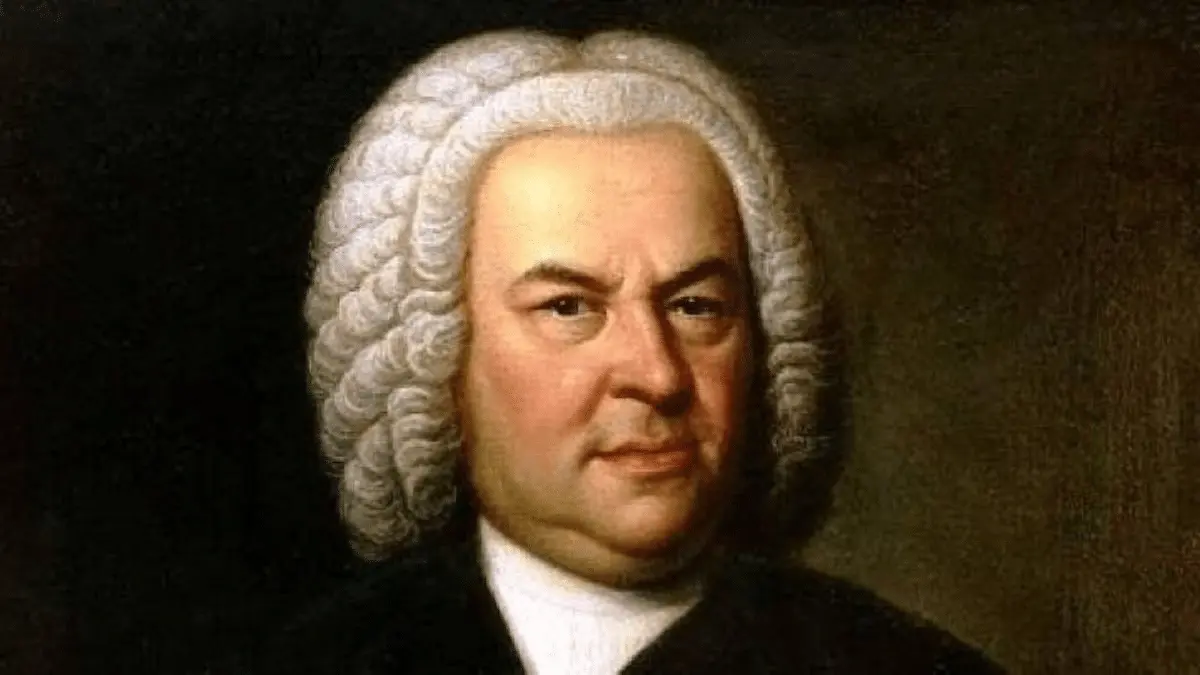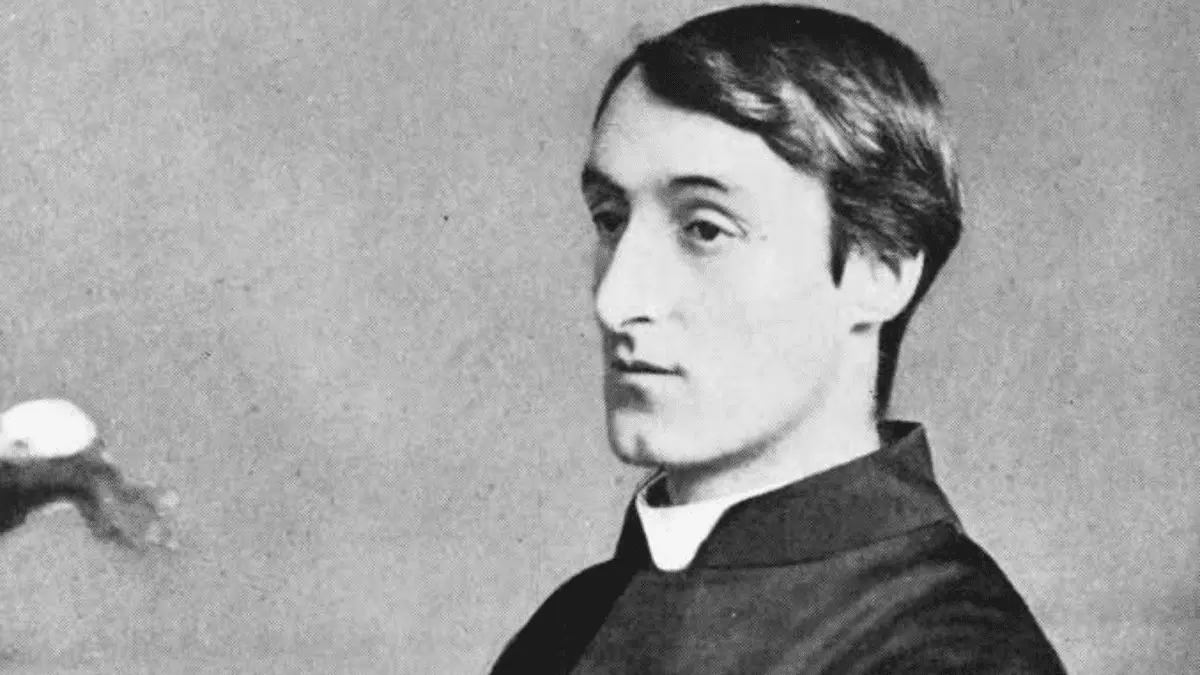On July 28, the pages of history have been inked with major historical events that have shaped the course of nations and the lives of individuals.
Major Historical Events on July 28- Today in History
King Henry VIII Marries Catherine Howard – 1540 AD
King Henry VIII of England secretly wed his fifth wife, Catherine Howard, in 1540, just 16 days after annulling his previous marriage to Anne of Cleves. Catherine’s youth and beauty were notable in court, but her marriage to Henry ended tragically with her execution for treason.
Death of Johann Sebastian Bach – 1750 AD
Johann Sebastian Bach, the illustrious Baroque composer whose works include “The Brandenburg Concertos” and “The Well-Tempered Clavier,” passed away at age 65 in 1750. His innovative compositions greatly influenced Western classical music.

Execution of Maximilien Robespierre – 1794 AD
Maximilien Robespierre, a leading figure of the French Revolution and key proponent of the Reign of Terror, was executed by guillotine in 1794. His death marked a pivotal turn in the revolution, ending the radical phase and easing the public’s fear of further mass executions.
Peru Declares Independence – 1821 AD
Peru proclaimed its independence from Spanish rule on July 28, 1821, led by Argentine general José de San Martín. This declaration was a crucial step in the South American wars of independence, setting the stage for the eventual liberation of the entire continent.
First Theatrical Performance of “Frankenstein” – 1828 AD
The first theatrical adaptation of Mary Shelley’s novel “Frankenstein” was titled “Presumption; or, the Fate of Frankenstein,” written by Richard Brinsley Peake.
Birth of Gerard Manley Hopkins – 1844 AD
Gerard Manley Hopkins, born in 1844 in Stratford, Essex, England, became a distinctive voice in Victorian poetry. His innovative use of sprung rhythm and vivid imagery profoundly influenced modern poetry and won him posthumous acclaim.

Austria-Hungary Declares War on Serbia – 1914 AD
On July 28, 1914, Austria-Hungary declared war on Serbia, using the assassination of Archduke Franz Ferdinand as a pretext. This event triggered World War I, a global conflict that reshaped the political landscape of the 20th century.
Fourteenth Amendment Enacted – 1868 AD
The Fourteenth Amendment to the U.S. Constitution, ratified in 1868, granted citizenship and equal protection under the law to African Americans and former slaves. This landmark legislation was crucial in shaping civil rights in the United States.
Release of White Zombie – 1932 AD
The first feature-length zombie film, “White Zombie,” premiered in New York City in 1932. Starring Bela Lugosi, it drew inspiration from the book and stage play “Zombie,” establishing many conventions of the zombie genre.
On the Waterfront Debuts – 1954 AD
The classic film “On the Waterfront,” directed by Elia Kazan and starring Marlon Brando, was released in 1954. Brando’s portrayal of dockworker Terry Malloy earned him an Academy Award and cemented the film’s status as a cinematic masterpiece.
Tangshan Earthquake Disaster – 1976 AD
In 1976, an earthquake devastated the industrial city of Tangshan, China, resulting in over 240,000 deaths. It remains one of the deadliest earthquakes in recorded history, highlighting the region’s seismic vulnerability.

Miguel Indurain’s Tour de France Victory – 1991 AD
Spanish cyclist Miguel Indurain clinched his first of five consecutive Tour de France titles in 1991. His dominance in the sport during the early 1990s solidified his legacy as one of cycling’s greatest champions.
IRA Ends Armed Campaign – 2005 AD
In 2005, the Irish Republican Army (IRA) announced the cessation of its armed campaign, opting to pursue peaceful means to achieve its political goals. This declaration was a significant milestone in the Northern Ireland peace process.
Also Read: Major Historical Events on July 27- Today in History




